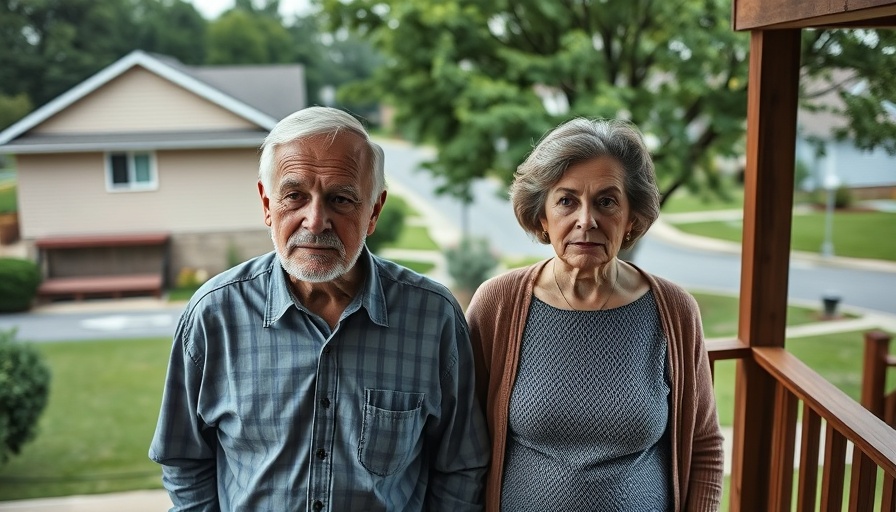
Navigating Healthcare Monopolies in Appalachia
Six years have passed since the formation of Ballad Health through a merger aimed at stabilizing hospital access in northeastern Tennessee and southwestern Virginia. However, for residents like Jerry and Katherine Qualls, this monopoly has sparked more frustration than relief. After a life-threatening experience at a Ballad facility, they are questioning the quality of care received and the broader implications of having limited healthcare options.
Trends in Quality and Patient Experience
Despite maintaining open doors in the region, Ballad Health has struggled to meet crucial care benchmarks, leaving patients dissatisfied. Reports indicate that out of the established quality-of-care goals, the system has consistently missed about three-fourths, with issues ranging from infection rates to patient satisfaction. These challenges echo wider concerns among patients who now often travel long distances to seek alternative care pathways.
Counterarguments and Diverse Perspectives
Ballad Health CEO Alan Levine contends the quality setbacks are unrelated to the merger but rather a fallout from the COVID-19 pandemic and subsequent staffing turnovers—a nationwide issue affecting many healthcare systems. Despite his reassurances, the discontent in the community hints at deeper systemic issues, prompting discussions on the impact of monopolies in healthcare environments and the need for more diverse views in policy and practice.
 Add Row
Add Row  Add
Add 




 Add Row
Add Row  Add
Add 



Write A Comment